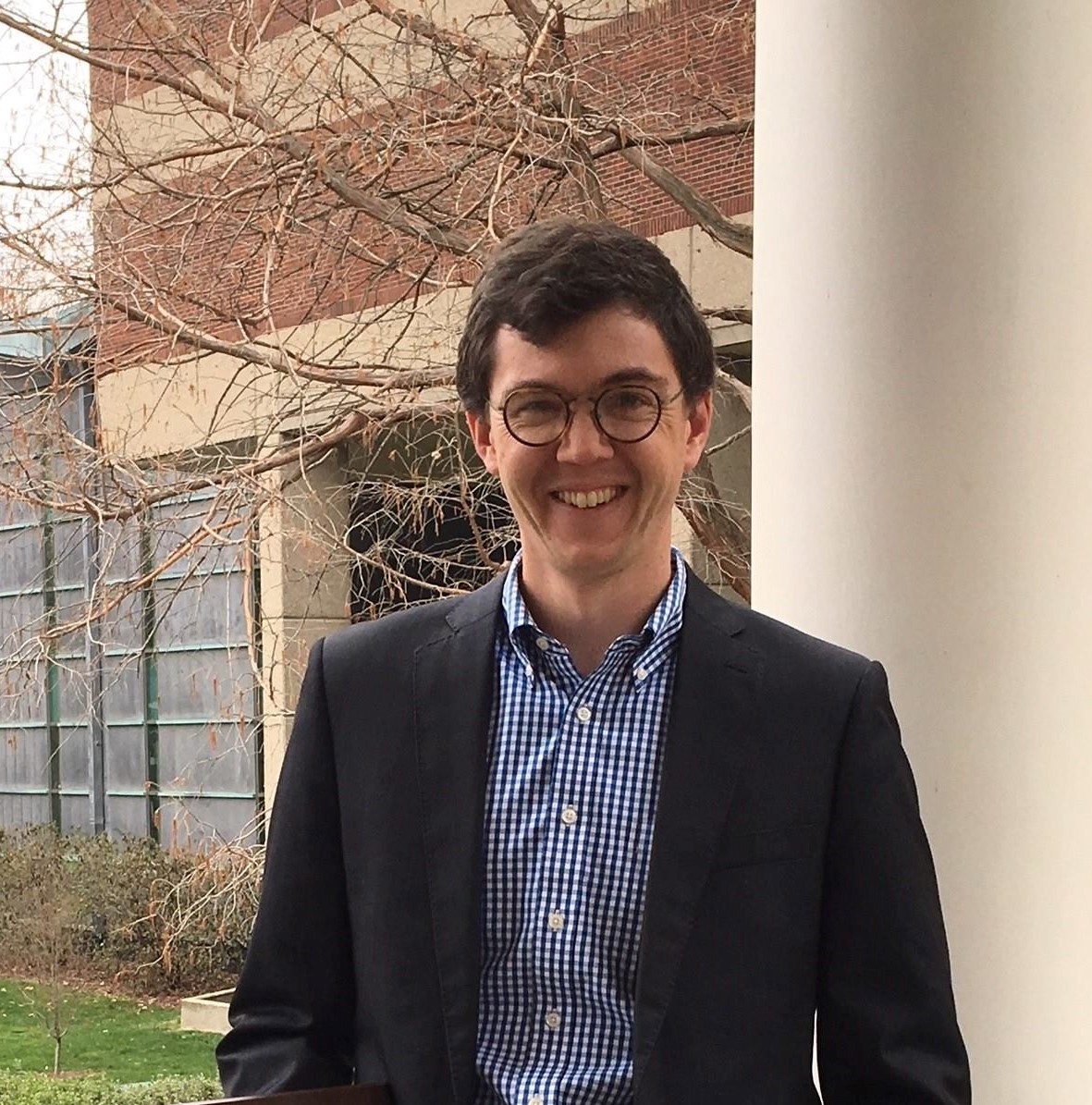About
David Buckley is Associate Professor of Political Science, and Paul Weber Endowed Chair in Politics, Science & Religion at the University of Louisville, where he serves as the Director of the Center for Asian Democracy. His most recent book, Blessing America First: Religion, Populism, and Foreign Policy in the Trump Administration (Columbia University Press, 2024) documents the impact of populist politics on religion's role in the U.S. foreign policy bureaucracy. His first book, Faithful to Secularism: The Religious Politics of Democracy in Ireland, Senegal and the Philippines (Columbia University Press 2017), analyzes the emergence endurance of secular democracy in cases with politically active religious majorities. It received the International Studies Association’s 2018 Book Award for Religion and International Relations. He was a Council on Foreign Relations International Affairs Fellow (2016-17), serving as Senior Advisor in the Department of State’s Office of Religion in Global Affairs.
Select Peer-reviewed Research
- David Buckley, Steven Brooke, and Bryce Kleinsteuber "How populists engage religion: mechanisms and evidence from the Philippines" Democratization 2022.
- Steven Brooke, David Buckley, Clarissa David, and Ronald Mendoza. “Religious. Protection from Populist Violence: The Catholic Church and the Philippine Drug War,” American Journal of Political Science 2021.
- David Buckley, “Religious Influence and Climate Politics in Duterte’s Philippines: Opportunity Lost?” in Climate Politics and the Power of Religion, ed. Evan Berry (Bloomington: Indiana University Press, 2022).

